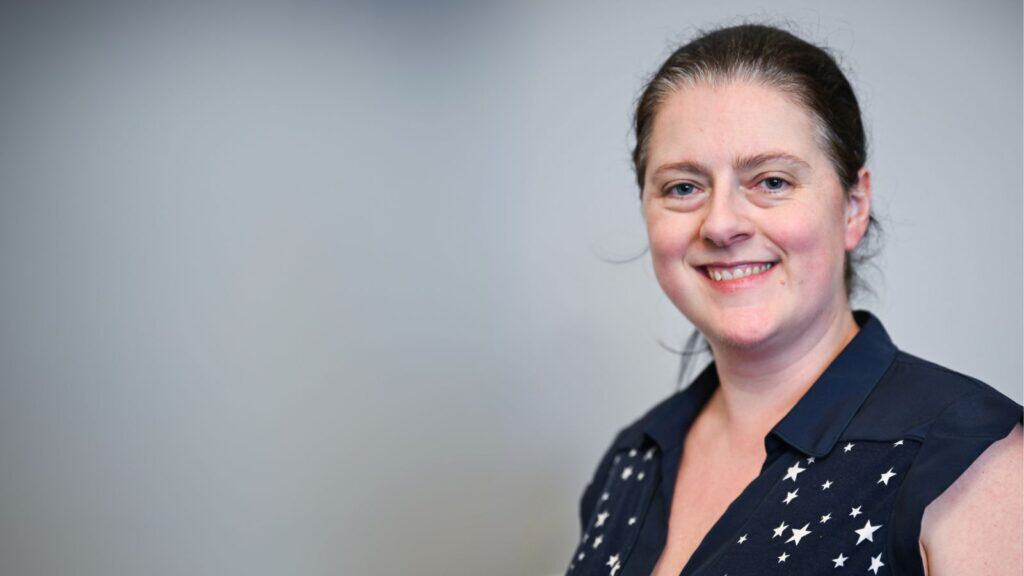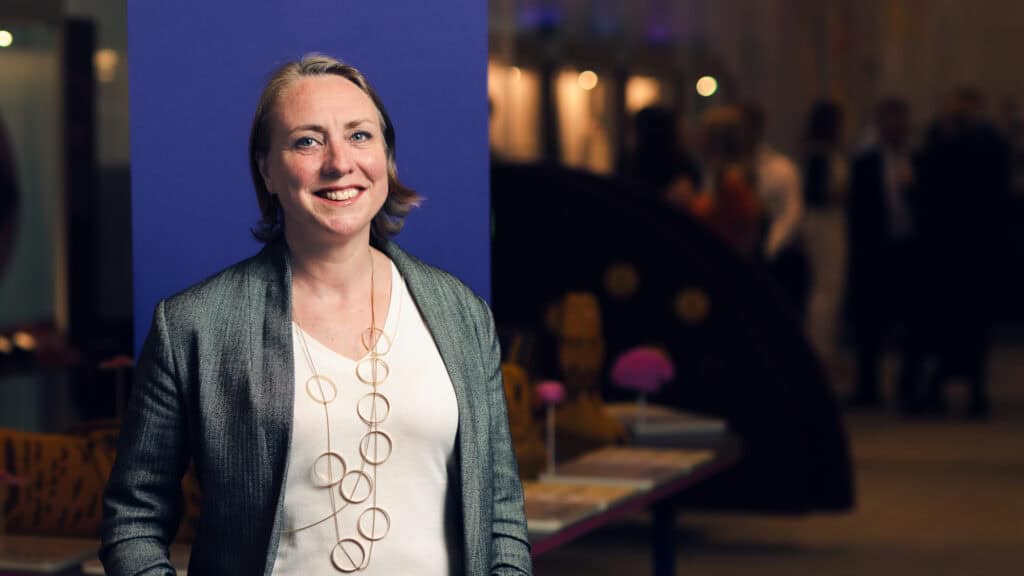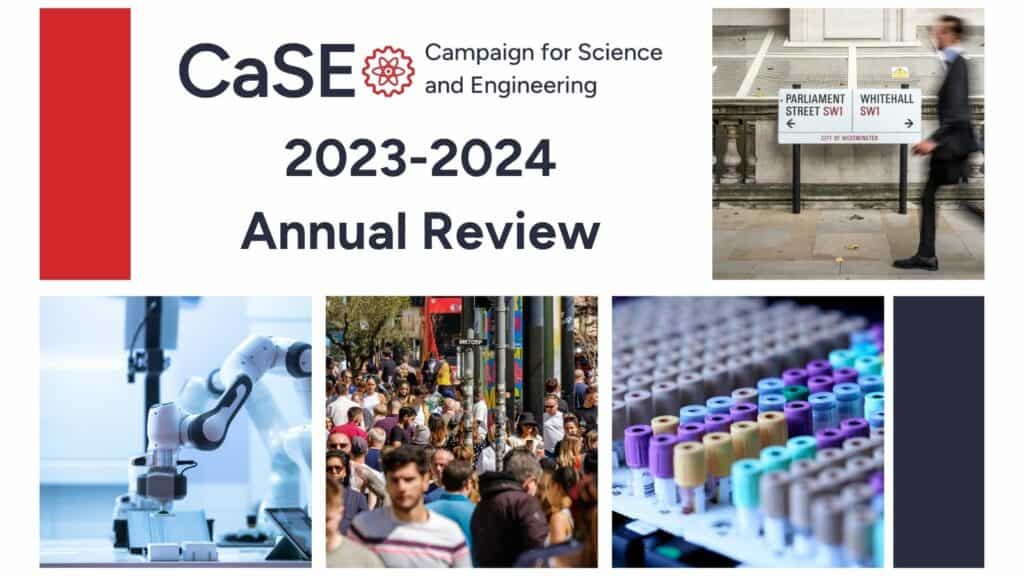On the 30th anniversary of Save British Science, CaSE Director Dr Sarah Main looks back to where it all started and hears from some of those involved.
30 years of CaSE; does science still need saving?
13 Jan 2016
Thirty years ago today, on 13th January 1986, a full page advertisement paid for by 1500 scientists appeared in The Times calling on the public to ‘Ask your Member of Parliament to save British science before it is too late’.
This led to the formation of the pressure group Save British Science, since renamed the Campaign for Science and Engineering.
This crowd-sourced action was prompted by a dire situation in UK research. Scientists were concerned about the ‘brain drain’ abroad, swingeing cuts to universities and whole areas of research being lost due to declining funding. They felt they needed a voice for science in Parliament, which is what we have provided ever since.
Today, despite recent Government’s efforts to protect the science budget, investment in research continues to fall behind that of our main industrial competitors and CaSE’s work is more important than ever. Commenting on the anniversary, Professor Denis Noble, one of the original founders, said:
“It would have been impossible for those of us who founded the organisation in 1986 to foresee such a strong case being made for science and engineering nearly 30 years later.”
30 years on from the original advert, CaSE Director Dr Sarah Main has had the following letter published in today’s Times:
Dear Sir
Thirty years ago today, 1500 scientists placed an advertisement in The Times calling on your readers to ‘Ask your Member of Parliament to save British science before it is too late’. It expressed their concern at the ‘brain drain’ abroad and at research lost due to declining budgets.
The parallels with 1986 are stark. Budgets are being heavily hit and government investment in science continues to fall behind competitor nations, even 30 years on. There is a ‘brain block’, as opposed to a ‘brain drain’, as science students turn away from the UK believing they are not welcome.
The advert appealed to the public to make a stand for British science. I believe science is worth investing in. It is one of the UK’s great strengths and reaps rewards for us all. I wonder if your readers would agree and would stand up for British science today?
Stephen Metcalfe MP has also sponsored the following Early Day Motion in Parliament, celebrating CaSE’s 30th anniversary:
That this House marks the thirtieth anniversary of the advertisement placed in The Times on 13 January 1986 by 1,500 scientists which called on the public to ask their hon. Members to save British science before it is too late; notes that at that time concern was expressed about the brain drain abroad and the loss of research in the UK due to declining budgets; further notes that the organisation entitled Save British Science was established as a result and was later renamed the Campaign for Science and Engineering; applauds the work that both organisations have done over the last thirty years to promote UK science; and finally welcomes the efforts that the UK science and engineering community make to strengthen links between Science and Parliament.
In 30 years time, we expect science and engineering to be integral to shaping what life is like across the world. Will the UK be a creator of new knowledge and solutions to the world’s problems or a follower waiting for other countries lead the way?
The UK is a science superpower. Let’s not let it slide into second rate. Let’s back it with everything we’ve got.
The 30th anniversary gives an opportunity for those involved with CaSE, both past and present, to recall their time with the organisation and why CaSE remains so important.
Professor Bill Banks, University of Strathclyde and former Save British Science/CaSE Board Member:
“I was on the Committee when we changed the name and ethos to CaSE. I think it was an excellent move giving engineering an authoritative and powerful voice right to the heart of government. It has proved immensely beneficial over the years.”
Professor Dame Athene Donald, University of Cambridge and CaSE Advisory Council Member:
“CaSE is an organisation that, being independent and well-informed, can take a hard look at the issues facing the community and ask the questions of Government that need to be asked. It serves an extremely valuable role for the whole scientific community.”
Related resources

Lynne Milford reflects on her time as CaSE’s Campaigns and Public Affairs Manager.

Executive Director Dr Alicia Greated gives her report on CaSE’s activities and successes at the 2024 AGM on November 26th.

This year has seen changes to CaSE as an organisation, shifts in the UK political landscape, and important developments for the UK R&D sector.

A General Election year presents a real opportunity for the R&D sector to make our voices heard.